Chalmers' overarching research areas in Energy
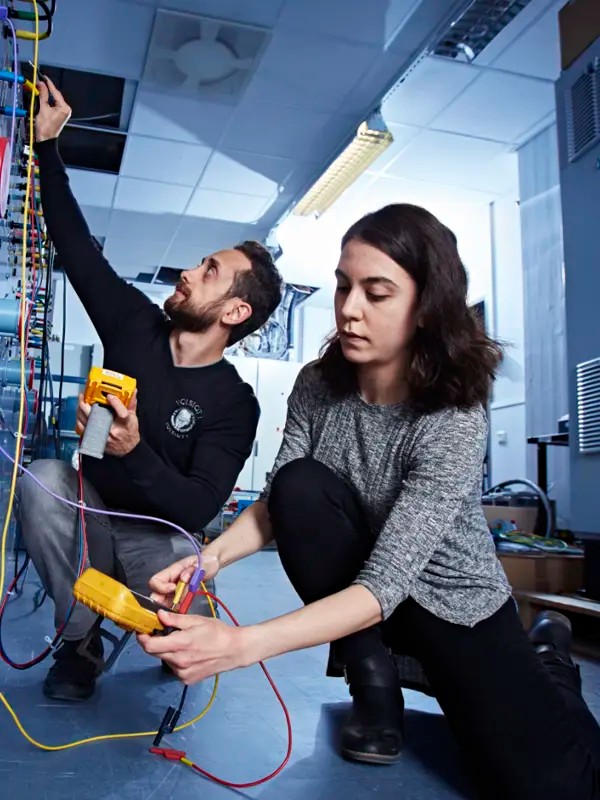
Electricity for societal development
Electrical power systems need to reliably handle different, varying energy sources.
We conduct research into power generation and distribution to increase the volume of electricity from renewable, varying sources in the power system. We also research materials and diagnostics for high-voltage networks. The research also covers techno-economic aspects of energy systems.
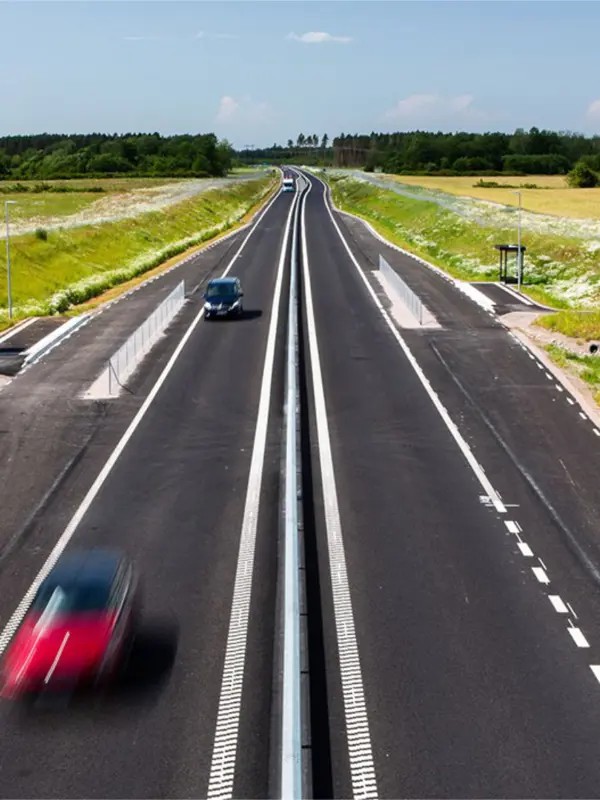
Sustainable Vehicle Technologies
Transport is an energy-intensive sector that relies heavily on fossil fuels.
Our research touches on all modes of transport, but road transport is the dominant field of research. Research is conducted into hydrogen, electric and hybrid vehicles and the energy design and environmental impact of vehicles.
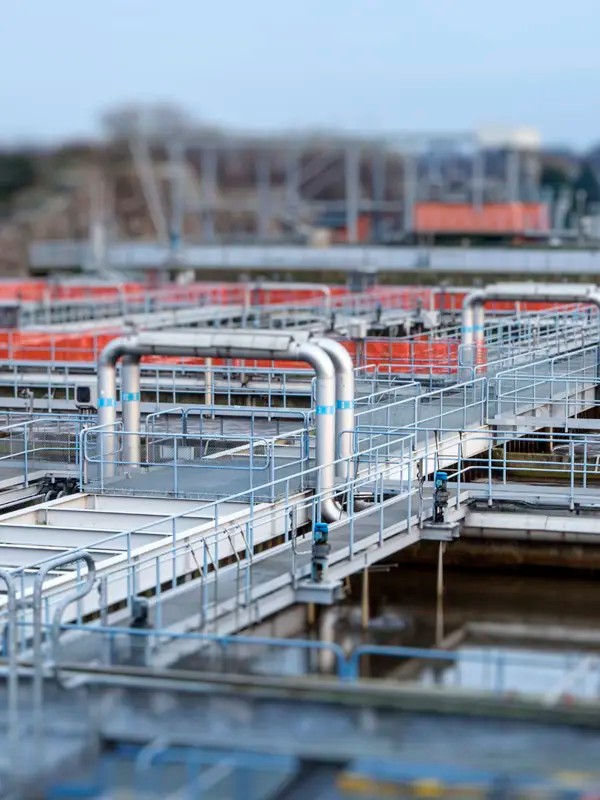
Energy in the construction sector
The construction sector accounts for approximately 30-40 percent of greenhouse gas emissions caused by humans.
There is significant potential to reduce our climate impact by improving energy efficiency in the construction sector. Our research covers energy in individual buildings, energy in built-up areas and energy and the indoor environment.
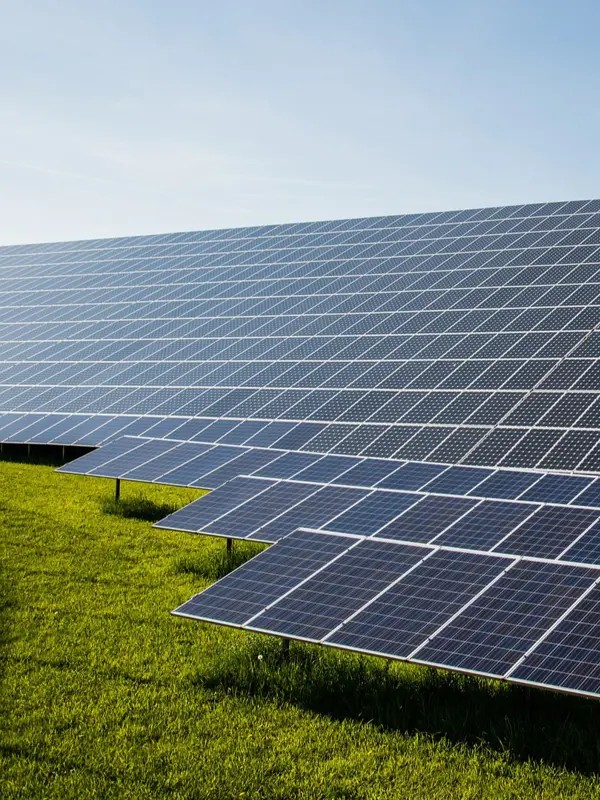
Energy in a circular economy
Replacing non-renewable resources, especially fossil fuels, with biomass is a cornerstone of the circular economy.
We conduct research into industrial combustion and gasification processes, carbon capture and storage, and sustainable biochemical and chemical processes and process integration. The focus is on making today’s fossil fuels and biomass more efficient and less harmful to health and the environment.
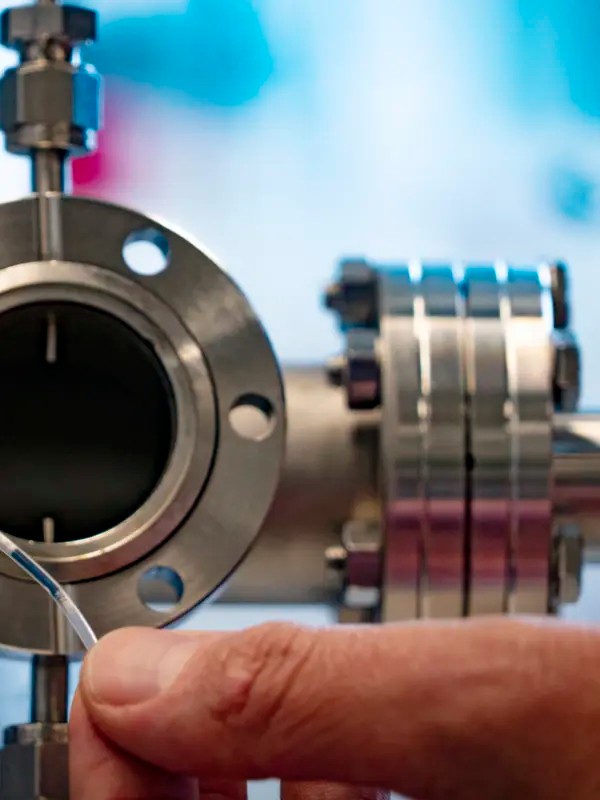
Energy transition
Making the world’s energy use sustainable requires changes to the large, complex energy systems in use today.
The aim of our research is to disseminate knowledge of energy systems analysis, energy technology assessment, energy use, consumer behaviour and innovation systems analysis.






